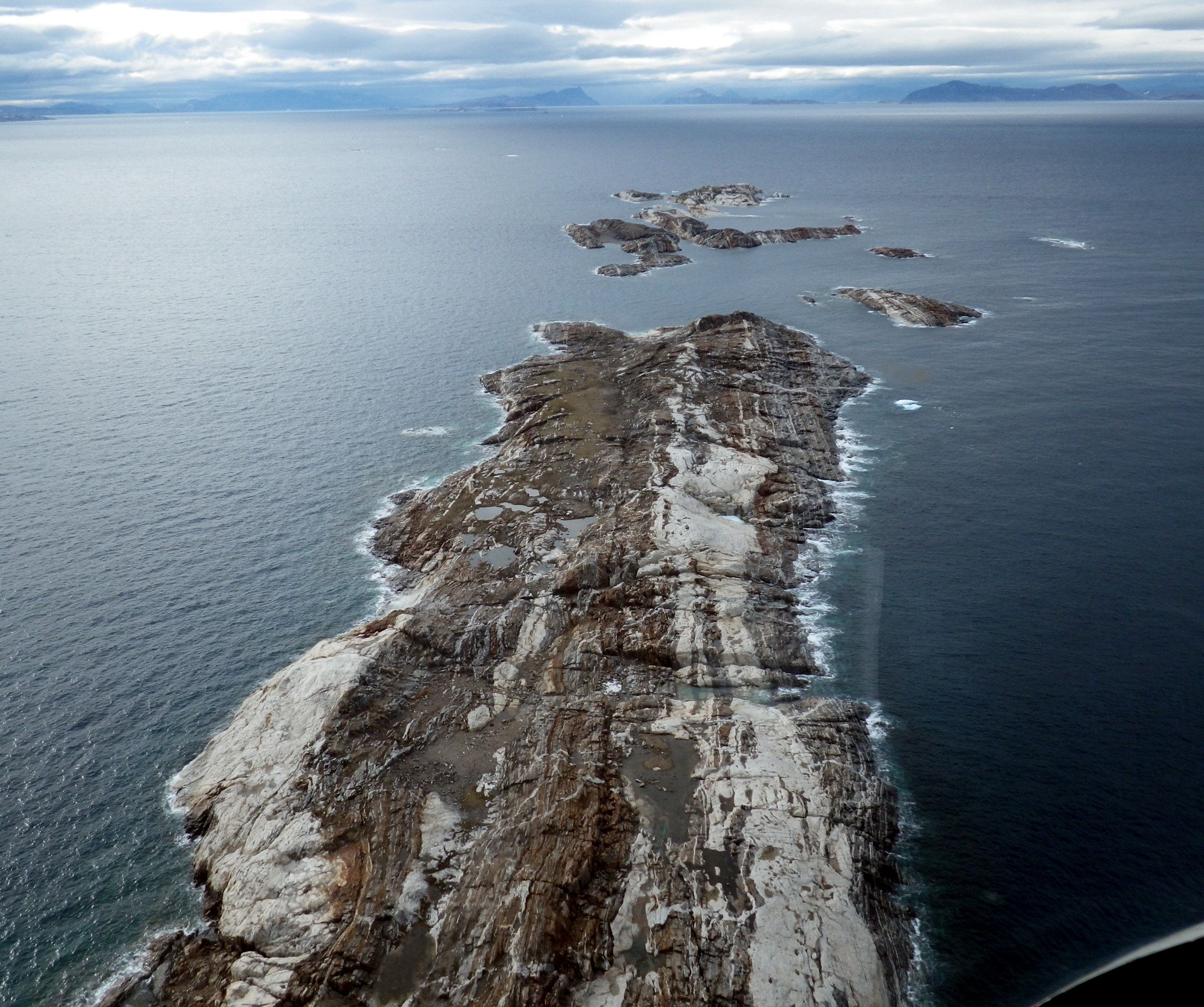.jpg) "Whereof what's past is prologue" is a line from Shakespeare's play The Tempest. What's past is prologue has become a conversational phrase meaning
"Whereof what's past is prologue" is a line from Shakespeare's play The Tempest. What's past is prologue has become a conversational phrase meaningHistory sets the context for the present.If history sets the context for the present, then the present is a key to unlocking the unobservable past.
Key to the Past
In forming a narrative of the Earth that reconciles with what is observable today, it's common for scientists to assume the principle of uniformitarianism, that is, to assume that the same natural laws that operate in the universe now have operated in the universe in the past.
In using the present in order to reveal the past, we assume that the forces in the world are essentially the same through all time; for these forces are based on the very nature of matter, and could not have changed. The ocean has always had its waves, and those waves have always acted in the same manner. Running water on the land has ever had the same power of wear and transportation and mathematical value to its force. The laws of chemistry, heat, electricity, and mechanics have been the same through time. The plan of living structures has been fundamentally one, for the whole series belongs to one system, as much almost as the parts of an animal to the one body; and the relations of life to light and heat, and to the atmosphere, have ever been the same as now.State & Story
― James Dwight Dana, Manual of Geology, 1863
 The state of the Earth is always a snapshot. Strung together these snapshots reveal a story. The story of the Earth is built from events and processes that are both sudden and gradual.
The state of the Earth is always a snapshot. Strung together these snapshots reveal a story. The story of the Earth is built from events and processes that are both sudden and gradual.In the course of the history of the earth innumerable events have occurred one after another, causing changes of states, all with certain lasting consequences. This is the basis of our developmental law, which, in a nutshell, claims that the diversity of phenomena is a necessary consequence of the accumulation of the results of all individual occurrences happening one after another... The current state of the earth, thus, constitutes the as yet most diverse final result, which of course represents not a real but only a momentary end-point.Science uses present-day evidence and the immutable laws of physics, chemistry, and biology to form a narrative. All aspects of the narrative must fit within the constructs of natural laws. The narrative is revised as new data emerge or as the formative processes are better understood.
— Carl Bernhard von Cotta, 1808-1879
REFERENCES
- Manual of Geology, James Dwight Dana, Bliss 1863.
- Uniformitarianism, Wikipedia.
- What's Past is Prologue, Wikipedia.


